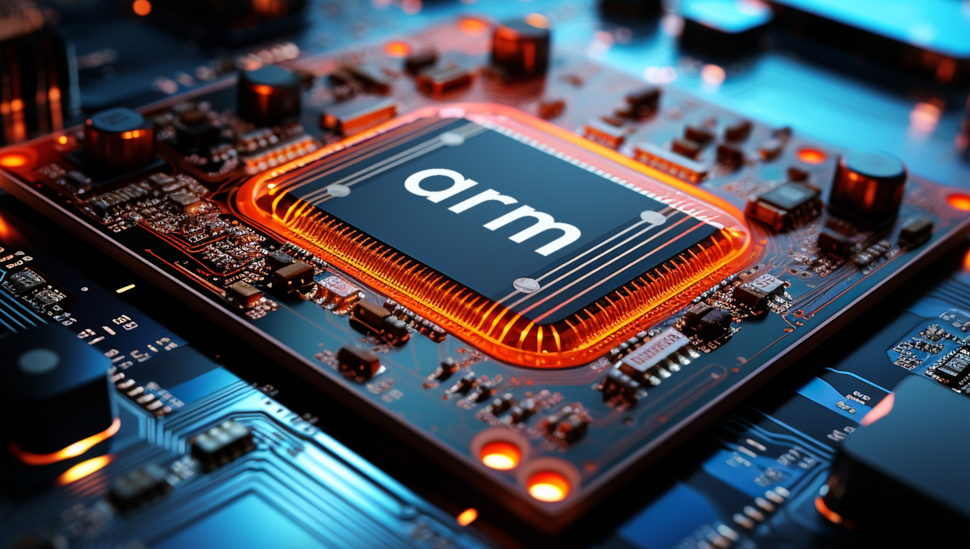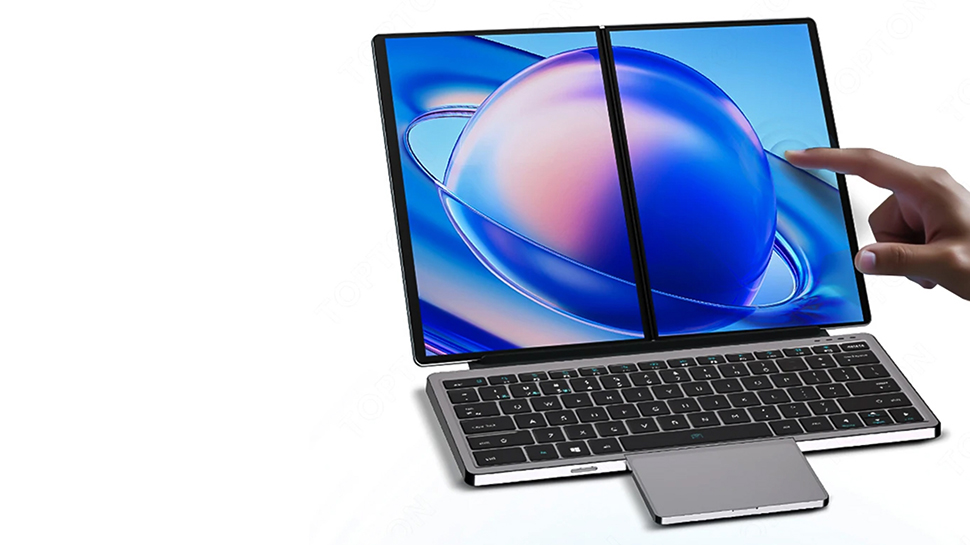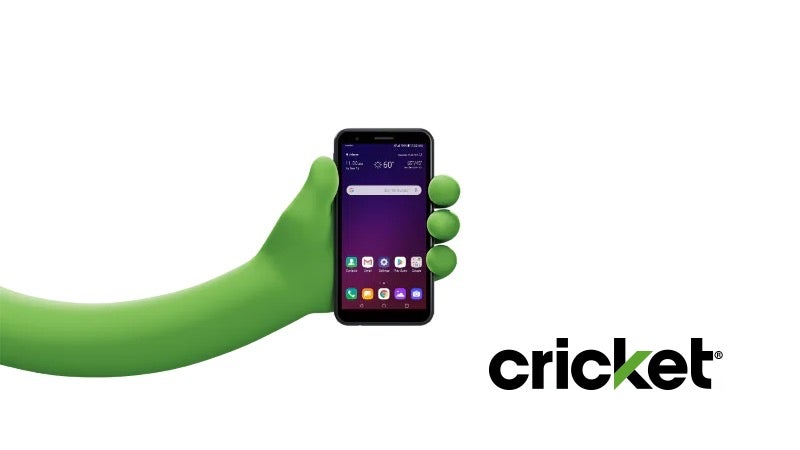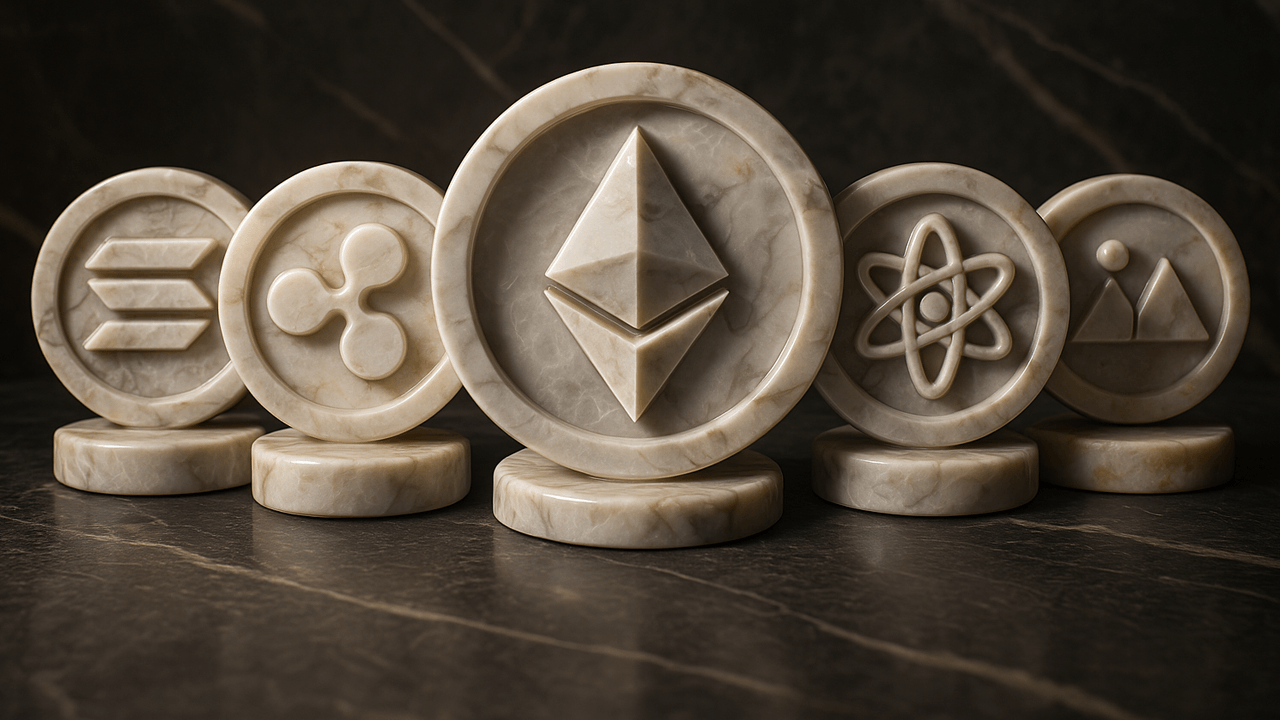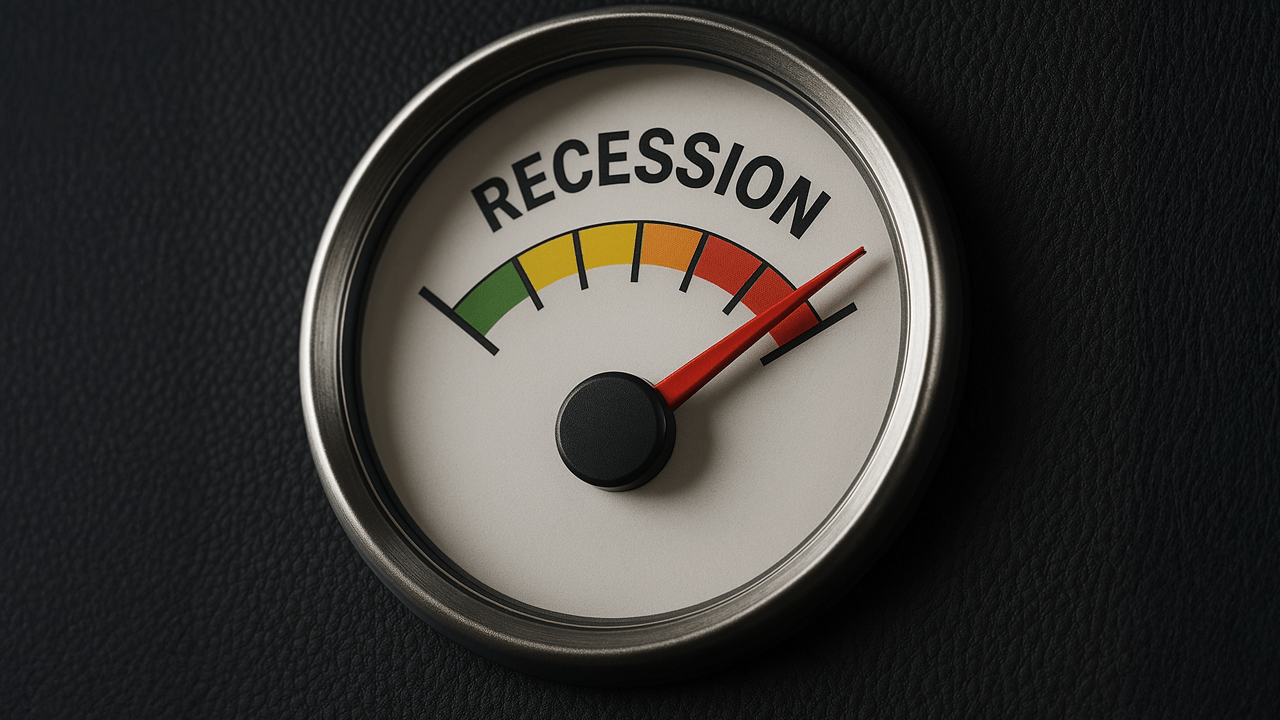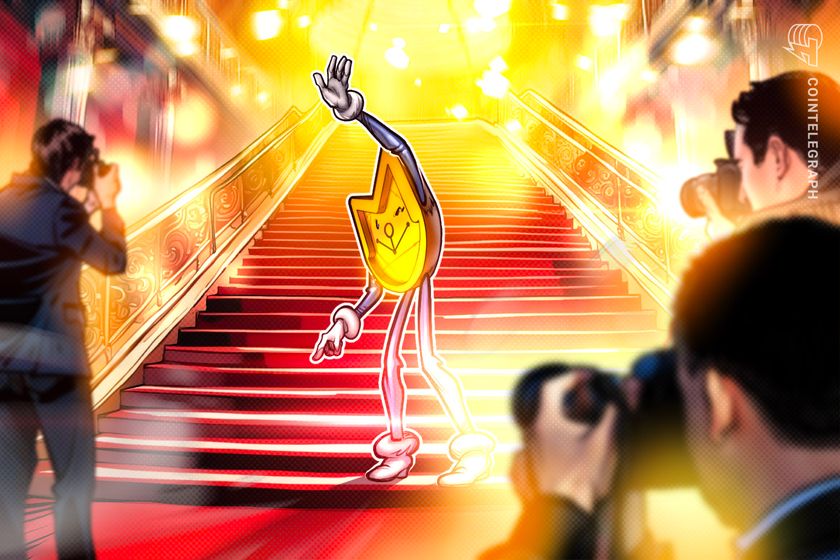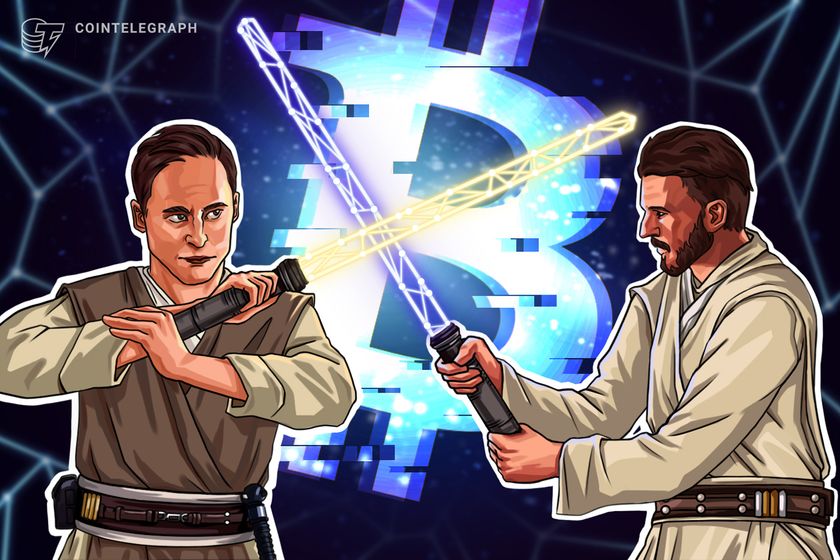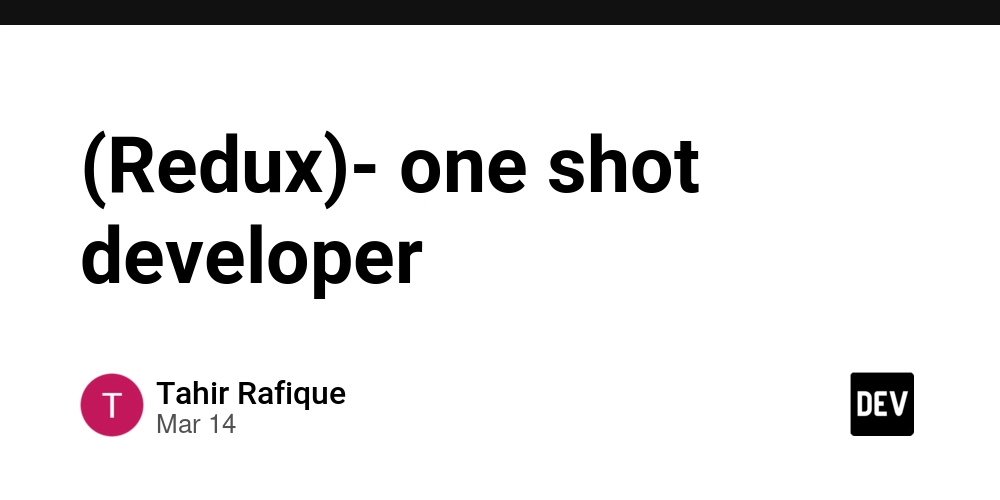How Blockchain and AI Are Transforming the World
The rapid advancements in Blockchain and Artificial Intelligence (AI) are reshaping industries worldwide. While these technologies have evolved separately, their convergence is unlocking new possibilities. From decentralized AI models to blockchain-powered security, their intersection is setting the stage for a more transparent, efficient, and intelligent future. The fusion of blockchain and AI presents a paradigm shift where data integrity, automation, and transparency merge to create more reliable and accountable digital ecosystems. Blockchain’s ability to maintain tamper-proof records complements AI’s need for large, verifiable datasets. This combination is not just theoretical it is actively being applied in finance, healthcare, cybersecurity, and decentralized applications. As we delve deeper into this transformative synergy, let’s explore the core components and real-world applications of blockchain and AI. Understanding Blockchain and AI What is Blockchain? Blockchain is a decentralized, immutable ledger that ensures secure, transparent, and tamper-proof transactions. Key features include: Immutability – Once recorded, data cannot be altered. Decentralization – No single entity has control, ensuring trust. Smart Contracts – Self-executing agreements that automate transactions. What is AI? Artificial Intelligence refers to machine learning models and neural networks that enable automation and data-driven decision-making. Key aspects include: Pattern Recognition – AI learns from vast amounts of data. Automation – AI-powered systems execute tasks without human intervention. Self-Learning Capabilities – Neural networks continuously improve through experience. The Synergy Between AI and Blockchain AI optimizes blockchain by improving efficiency in smart contracts and predictive analytics. Blockchain enhances AI by ensuring data integrity, security, and verifiability. Key Ways Blockchain and AI Are Changing the World a) Decentralized AI Models Most AI models today are controlled by large corporations. Blockchain enables the creation of decentralized AI models where AI training, deployment, and monetization are distributed among contributors. This fosters: Open-source AI models without corporate bias. AI marketplaces where developers can train and deploy models using blockchain verification. b) AI-Powered Smart Contracts AI enhances self-executing blockchain contracts by making them more adaptive and intelligent. Examples include: AI-powered automated legal agreements that self-adjust based on contract conditions. Predictive analytics in contracts for risk assessment and fraud detection. c) Blockchain for AI Data Security & Privacy AI models rely on vast datasets. Blockchain ensures: Decentralized data storage – Users maintain control over their data. Zero-Knowledge Proofs (ZKPs) – Privacy-enhancing cryptographic methods that allow AI models to operate securely. d) Fraud Prevention & Cybersecurity AI-driven fraud detection coupled with blockchain’s tamper-proof data can: Detect anomalies in crypto transactions. Prevent financial fraud in DeFi (Decentralized Finance) and NFT markets. e) Supply Chain & Logistics Blockchain and AI enhance supply chain efficiency by: AI-powered logistics for optimized delivery routes. Blockchain’s immutable records to track product authenticity and prevent counterfeiting. f) Decentralized Identity & AI Verification Blockchain-based decentralized identity (DID) solutions allow AI-driven verification: Prevent deepfake fraud with on-chain identity proofing. Enable self-sovereign identity management without reliance on central authorities. The Core Synergy Between AI and Blockchain Artificial Intelligence (AI) and Blockchain are two of the most revolutionary technologies of our time. While they excel individually, their combination has the potential to redefine industries by enhancing automation, security, and efficiency. Let’s explore how they complement each other and the key innovations emerging from their intersection. How AI Enhances Blockchain Automation & Smart Contracts – AI-powered smart contracts can analyze real-time data and execute agreements without human intervention. This improves efficiency and adaptability in decentralized finance (DeFi), insurance, and legal tech. Data Analysis & Optimization – AI can enhance blockchain performance by analyzing transaction patterns, detecting inefficiencies, and optimizing network operations for faster and cost-effective processing. How Blockchain Empowers AI Data Security & Privacy – AI requires vast amounts of data, but centralized storage raises privacy concerns. Blockchain ensures secure, encrypted, and decentralized data management, reducing risks of data breaches. Transparency & Trust – AI’s decision-making is often a “black
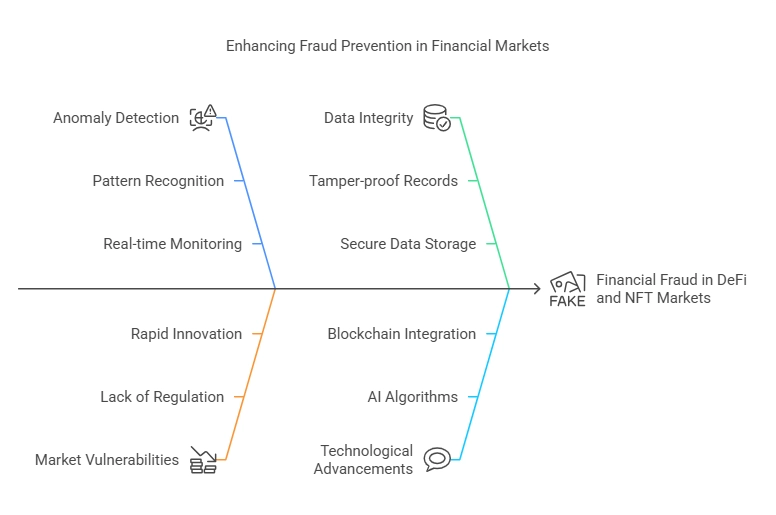
The rapid advancements in Blockchain and Artificial Intelligence (AI) are reshaping industries worldwide. While these technologies have evolved separately, their convergence is unlocking new possibilities. From decentralized AI models to blockchain-powered security, their intersection is setting the stage for a more transparent, efficient, and intelligent future.
The fusion of blockchain and AI presents a paradigm shift where data integrity, automation, and transparency merge to create more reliable and accountable digital ecosystems. Blockchain’s ability to maintain tamper-proof records complements AI’s need for large, verifiable datasets. This combination is not just theoretical it is actively being applied in finance, healthcare, cybersecurity, and decentralized applications. As we delve deeper into this transformative synergy, let’s explore the core components and real-world applications of blockchain and AI.
Understanding Blockchain and AI
What is Blockchain?
Blockchain is a decentralized, immutable ledger that ensures secure, transparent, and tamper-proof transactions. Key features include:
Immutability – Once recorded, data cannot be altered.
Decentralization – No single entity has control, ensuring trust.
Smart Contracts – Self-executing agreements that automate transactions.
What is AI?
Artificial Intelligence refers to machine learning models and neural networks that enable automation and data-driven decision-making. Key aspects include:
Pattern Recognition – AI learns from vast amounts of data.
Automation – AI-powered systems execute tasks without human intervention.
Self-Learning Capabilities – Neural networks continuously improve through experience.
The Synergy Between AI and Blockchain
AI optimizes blockchain by improving efficiency in smart contracts and predictive analytics.
Blockchain enhances AI by ensuring data integrity, security, and verifiability.
Key Ways Blockchain and AI Are Changing the World
a) Decentralized AI Models
Most AI models today are controlled by large corporations. Blockchain enables the creation of decentralized AI models where AI training, deployment, and monetization are distributed among contributors. This fosters:
Open-source AI models without corporate bias.
AI marketplaces where developers can train and deploy models using blockchain verification.
b) AI-Powered Smart Contracts
AI enhances self-executing blockchain contracts by making them more adaptive and intelligent. Examples include:
AI-powered automated legal agreements that self-adjust based on contract conditions.
Predictive analytics in contracts for risk assessment and fraud detection.
c) Blockchain for AI Data Security & Privacy
AI models rely on vast datasets. Blockchain ensures:
Decentralized data storage – Users maintain control over their data.
Zero-Knowledge Proofs (ZKPs) – Privacy-enhancing cryptographic methods that allow AI models to operate securely.
d) Fraud Prevention & Cybersecurity
AI-driven fraud detection coupled with blockchain’s tamper-proof data can:
Detect anomalies in crypto transactions.
Prevent financial fraud in DeFi (Decentralized Finance) and NFT markets.
e) Supply Chain & Logistics
Blockchain and AI enhance supply chain efficiency by:
AI-powered logistics for optimized delivery routes.
Blockchain’s immutable records to track product authenticity and prevent counterfeiting.
f) Decentralized Identity & AI Verification
Blockchain-based decentralized identity (DID) solutions allow AI-driven verification:
Prevent deepfake fraud with on-chain identity proofing.
Enable self-sovereign identity management without reliance on central authorities.
The Core Synergy Between AI and Blockchain
Artificial Intelligence (AI) and Blockchain are two of the most revolutionary technologies of our time. While they excel individually, their combination has the potential to redefine industries by enhancing automation, security, and efficiency. Let’s explore how they complement each other and the key innovations emerging from their intersection.
How AI Enhances Blockchain
Automation & Smart Contracts – AI-powered smart contracts can analyze real-time data and execute agreements without human intervention. This improves efficiency and adaptability in decentralized finance (DeFi), insurance, and legal tech.
Data Analysis & Optimization – AI can enhance blockchain performance by analyzing transaction patterns, detecting inefficiencies, and optimizing network operations for faster and cost-effective processing.
How Blockchain Empowers AI
Data Security & Privacy – AI requires vast amounts of data, but centralized storage raises privacy concerns. Blockchain ensures secure, encrypted, and decentralized data management, reducing risks of data breaches.
Transparency & Trust – AI’s decision-making is often a “black box,” making it difficult to interpret. By recording AI processes and decision logs on blockchain, users can verify and audit AI-generated outputs, fostering trust.
The Role of AI & Blockchain in the Metaverse & Web3
As the digital world moves towards the metaverse and Web3, AI and blockchain are emerging as foundational pillars, driving innovation and expanding possibilities in virtual spaces.
AI-Driven Virtual Assistants, Autonomous NFTs, and Digital Avatars
Virtual Assistants & NPCs – AI-powered virtual assistants and non-playable characters (NPCs) in the metaverse can provide real-time assistance, manage virtual businesses, and enhance user experiences.
Autonomous NFTs – AI-generated NFTs (Non-Fungible Tokens) can evolve, interact with users, and adapt over time, creating dynamic digital assets instead of static collectibles.
Lifelike Digital Avatars – AI enables hyper-realistic avatars that learn from users' behaviors, enhancing personalization in the metaverse.
Blockchain Ensuring Digital Ownership, Asset Verification, and Transparent Transactions
True Digital Ownership – Blockchain allows users to own digital assets—whether it's virtual land, clothing, or artwork—in a way that is verifiable and immutable.
Secure Transactions & Trade – Smart contracts automate transactions in virtual economies, ensuring fair trade without intermediaries.
Asset Verification – Blockchain verifies the authenticity of digital goods, preventing fraud and counterfeit assets in the metaverse.
Conclusion
The fusion of AI and Blockchain is unlocking unprecedented innovation across industries. From decentralized AI models to enhanced security and automation, these technologies are redefining the digital landscape. As development progresses, businesses, developers, and users must embrace this new era of transparent, decentralized intelligence.
The impact of this transformation will be far-reaching, influencing how we interact with digital systems, secure our data, and make autonomous decisions. Blockchain and AI are not just tools of the future they are the foundation of a smarter, fairer, and more decentralized world.












































































































































































![[The AI Show Episode 142]: ChatGPT’s New Image Generator, Studio Ghibli Craze and Backlash, Gemini 2.5, OpenAI Academy, 4o Updates, Vibe Marketing & xAI Acquires X](https://www.marketingaiinstitute.com/hubfs/ep%20142%20cover.png)















































































































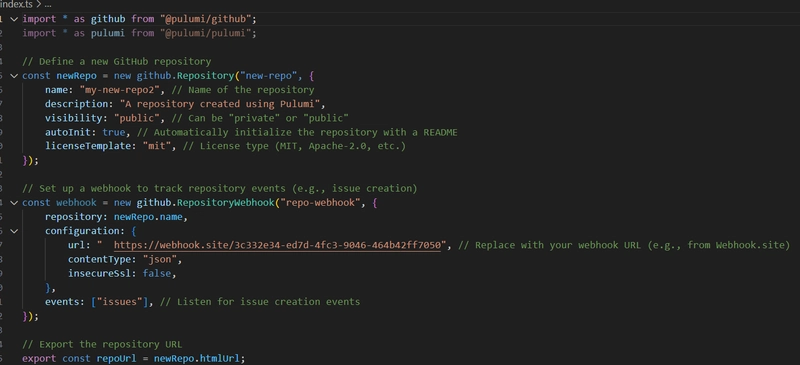
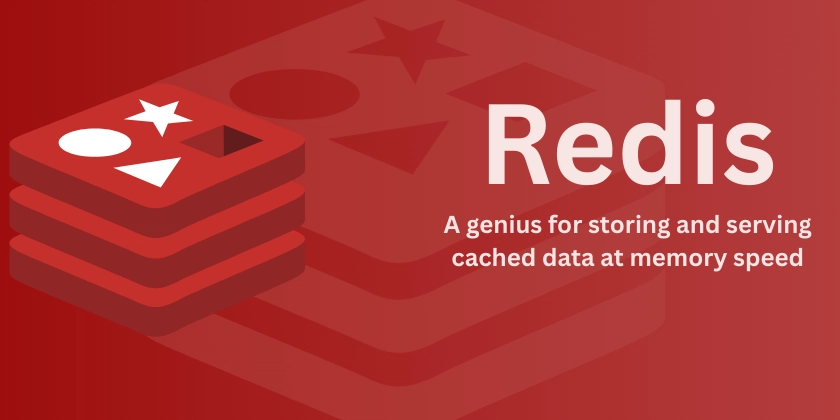
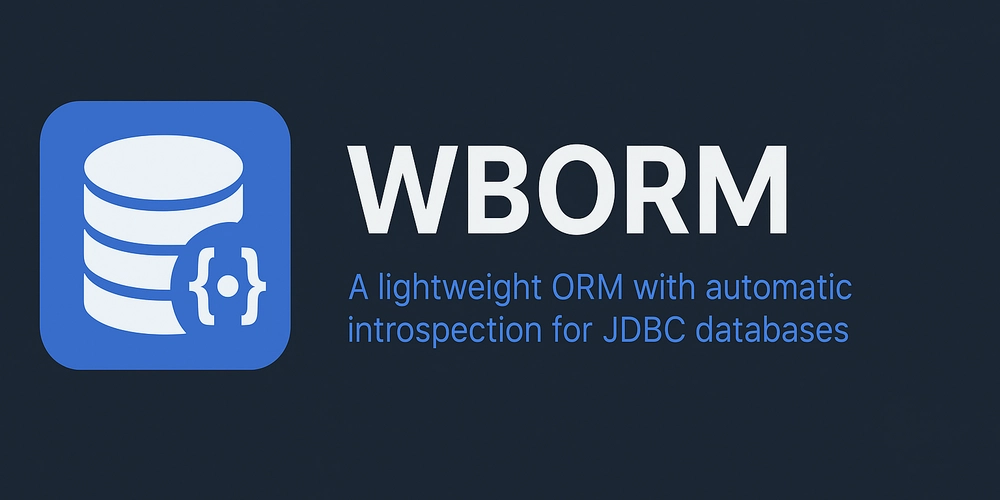









![[FREE EBOOKS] The Kubernetes Bible, The Ultimate Linux Shell Scripting Guide & Four More Best Selling Titles](https://www.javacodegeeks.com/wp-content/uploads/2012/12/jcg-logo.jpg)



![From drop-out to software architect with Jason Lengstorf [Podcast #167]](https://cdn.hashnode.com/res/hashnode/image/upload/v1743796461357/f3d19cd7-e6f5-4d7c-8bfc-eb974bc8da68.png?#)
































































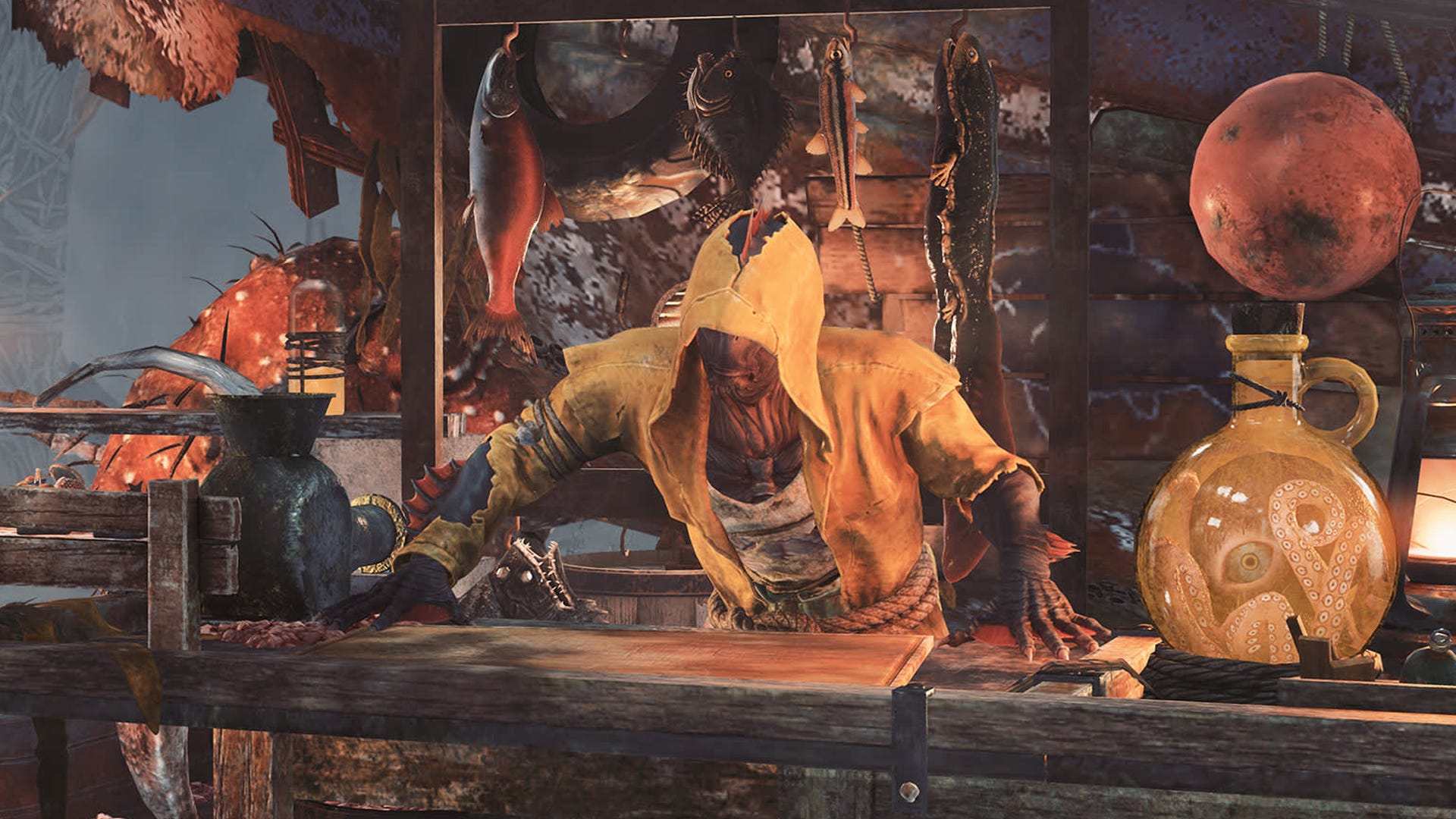





































.png?#)




.jpg?#)




















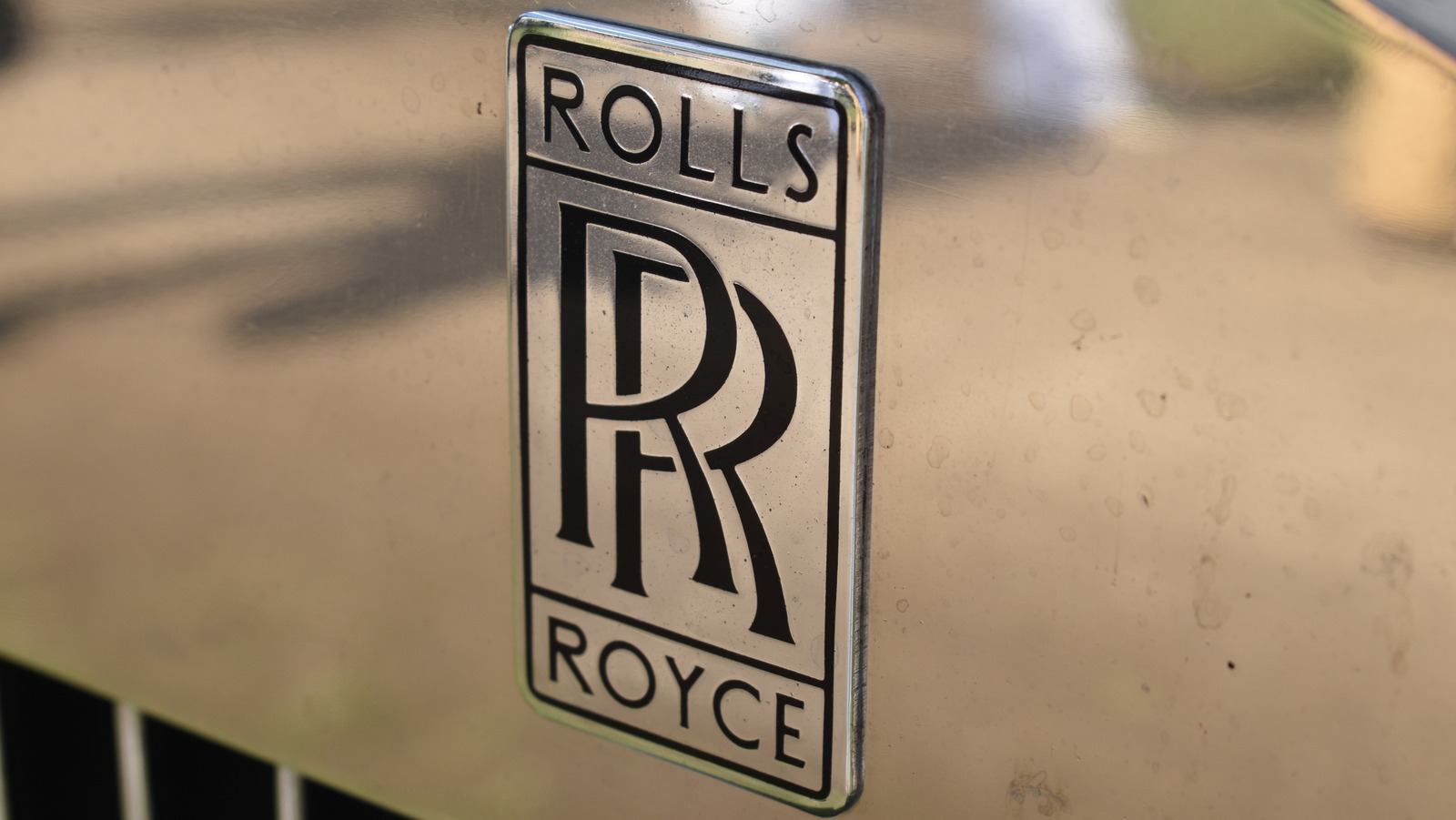










_Christophe_Coat_Alamy.jpg?#)




































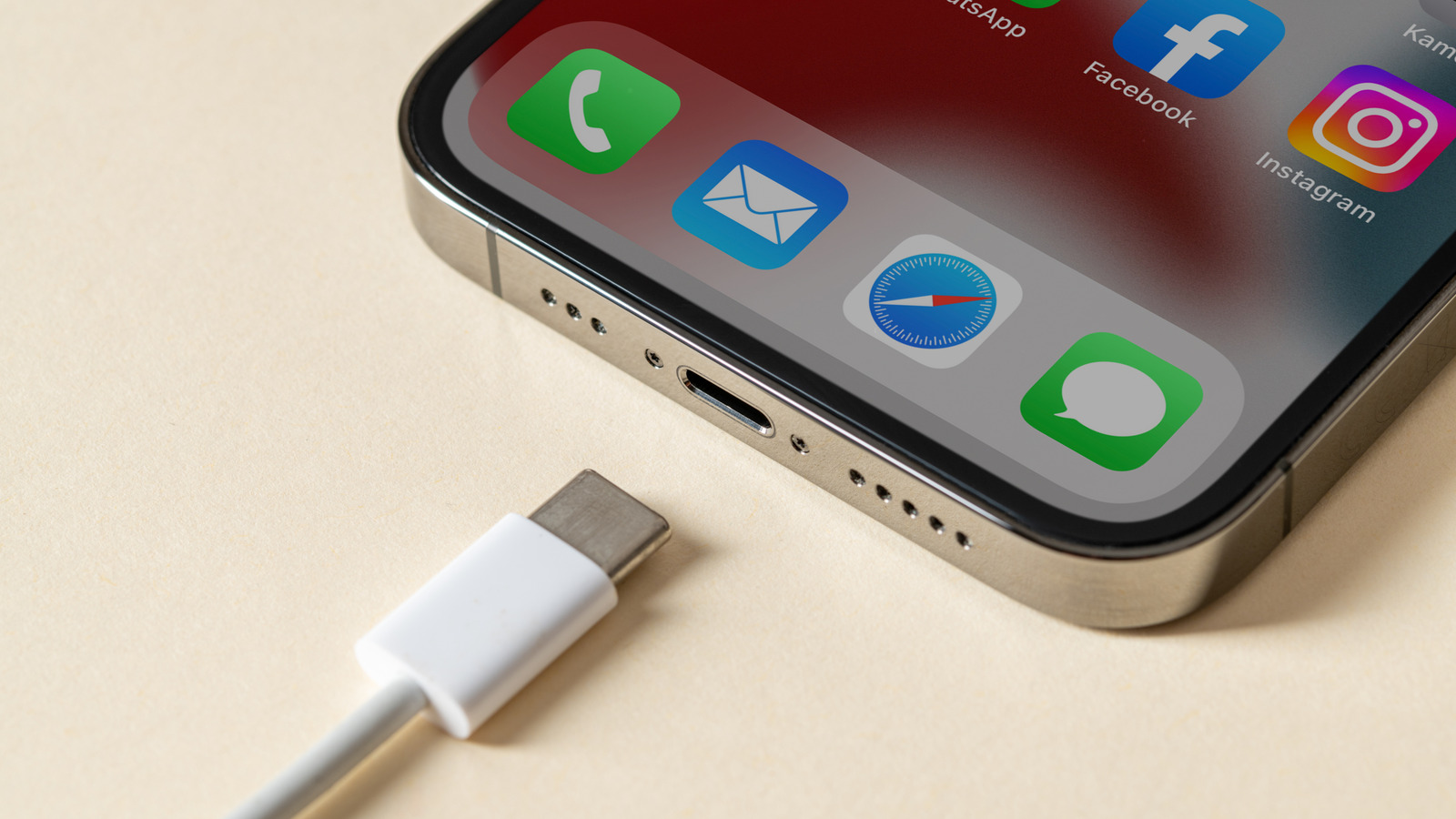

































































![Rapidus in Talks With Apple as It Accelerates Toward 2nm Chip Production [Report]](https://www.iclarified.com/images/news/96937/96937/96937-640.jpg)




















